
As the millennial generation comes of age, less and less people are interested in organized religion. Though the liberal arts and the arts in general have been neglected in the United States for years, nonetheless, we live in a great time for beautiful and rich film-making.
Films are a spiritual experience for many people. Sitting quietly, turning off your phone, and sitting in silence while you immerse yourself in another world surrounded by strangers. There’s a certain ritual significance to this.
The Spirituality of this new generation, molded morally by the 2008 financial crisis among other world events, is grounded in the human and in nature. It’s less concerned with money, and more concerned with the downtrodden and living ethically.
These films speak to that unique brand of spirituality that is accelerating and thriving in the 21st-Century. These films are meant for you to sit with, meditate on, and hopefully learn from.
20. The Book of Eli (2010)
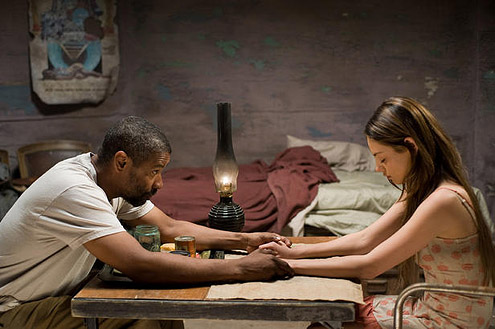
The Book of Eli is one of those post-apocalyptic films that could have easily been overlooked in the seemingly never-ending human fascination with humanity’s own demise. This is a tale of saving something that is sacred. Themes of pilgrimage, prophecy, and destiny abound.
This is a biblical tale that is ultimately about the Bible itself. Denzel Washington and Mila Kunis go on a journey that provides something for both the intellectual viewer and the viewer who wants to sit back and relax his or her mind.
This film really does crossover two areas of the cinematic universe that rarely come into contact. I’d call this a smart mainstream genre film of surprising importance.
19. I Origins (2014)
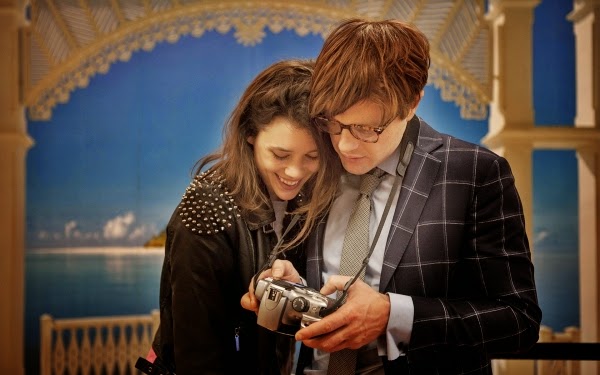
A film by budding auteur Mike Cahill, this is a story about the overlap of science and spirituality. This is the heart of the millennial struggle with religion.
A spirituality that cannot be reconciled with science is often an absurdity to many in the modern world. Cahill brilliantly weaves a tale that tells a more nuanced story about how the beauty of science can become so great that no other language but the language of the spirit can describe it.
This film may be a frustrating watch for those who like to keep these two categories separate, but the truth cannot be avoided; that both of these areas of study ask similar questions in different ways. This story does justice to them both.
18. Biutiful (2010)
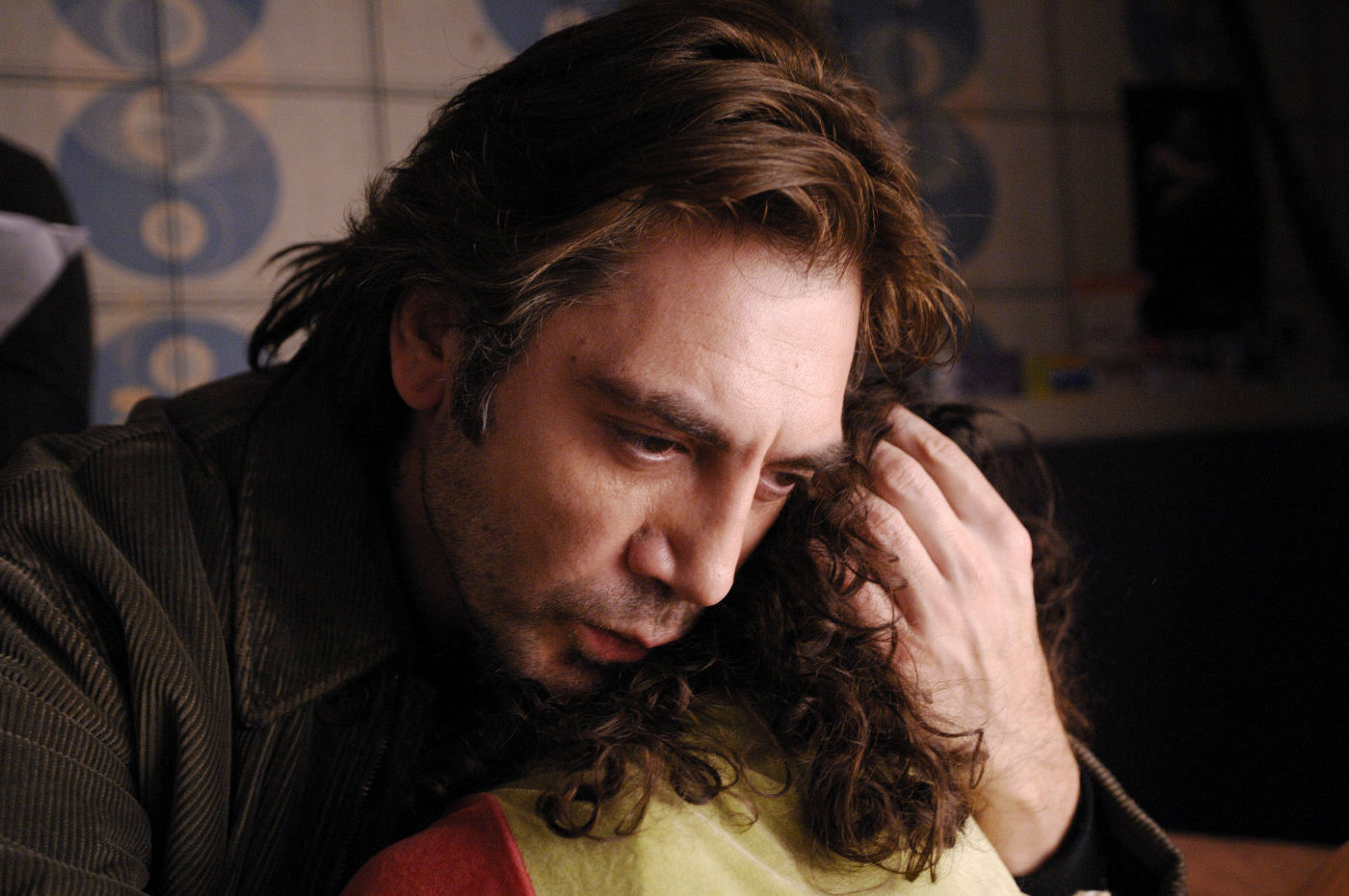
Javier Bardem takes us on a chaotic journey of spiritual hell scattered with moments of bliss. Perhaps a candidate for one of the most underrated film of all time.
Biutiful is Alejandro González Iñárritu’s masterpiece of social, spiritual, urban, cultural, and economic problems blended into a poetic and visionary story about one man’s forced march around the city of Barcelona. All the while, he sees dead people.
The line between what’s of this world and what’s of the next gradually becomes blurred in this film in a way singularly unique in cinema. Biutiful is a captivating snapshot of horror and beauty brought alive through sight, sound, and setting.
17. Signs (2002)
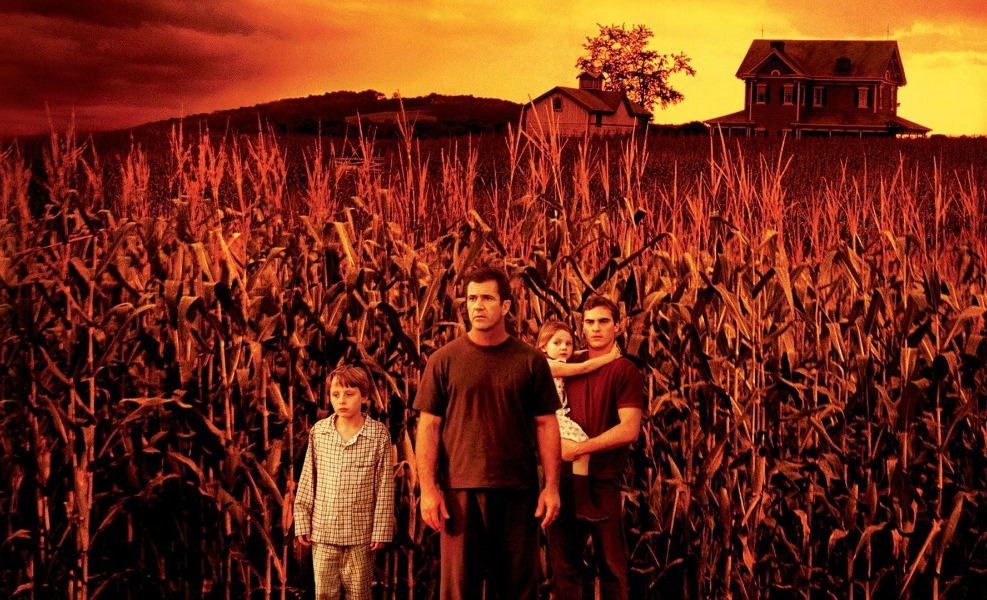
Mystery is an inherent part of human spirituality. Most of the major religions carry mystical traditions within them. In Islam, it’s Sufism. In Judaism, it’s Kabbalah. In Christianity, it’s Hesychasm, and these are just a few examples within just the Abrahamic faiths.
Mysticism spans the globe and the ages. Mel Gibson is in prime form as an Episcopal Priest who encounters something mystical, something other. Slowly but surely, we come to understand that the alien (literally) presence was anticipated by fate. Strange habits are explained.
Questions are answered, but many more are asked. Mystery is spiritual, and when it’s done right it can be uplifting and thrilling. This media becomes a way to process our questions about life. Religion serves the same purpose.
16. Babel (2006)
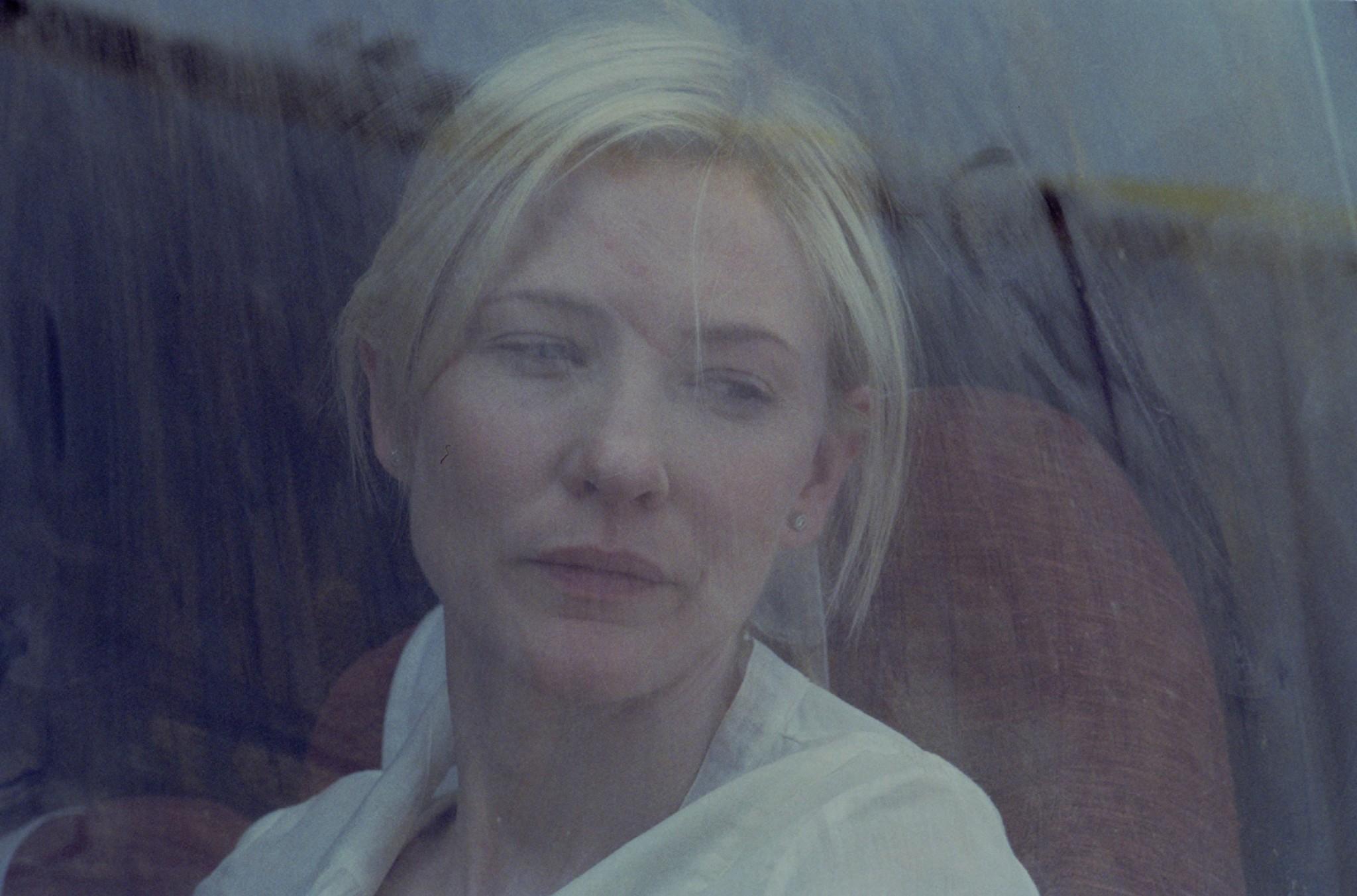
A compilation of human struggle from across the globe; from humanities darkest war zones to our deepest darkest passions, Babel is a film about the variety of human experience and the drama of the human story. Brilliant woven by Alejandro González Iñárritu into perhaps one of the most artfully crafted multi-story cinematic experiences of all time.
The obvious biblical nod to the story of Babel and how we were all scattered and our language became confused and different is in order to show the viewer what that resulted in. What could the opposite of this reality be? A united humanity would perhaps be unstoppable.
15. Never Let Me Go (2010)
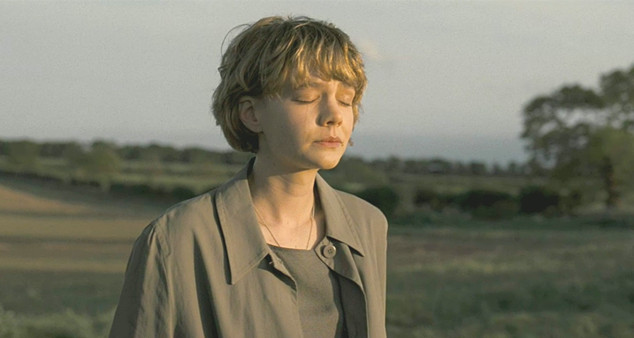
One of the most puzzling questions that human beings face today is the question of artificial intelligence (AI). Primarily, the concern around AI is that it will pervert our understanding of what it means to be human, or become potentially hostile toward its creator, humanity.
Never Let Me Go has a similar theme, but in this case the engineering is biological. Clones are raised in a vacuum in order to prolong the life of the one who was cloned.
Their organs are harvested, and they grapple with their slow deaths in a narrative that is beautifully woven on screen and tastefully woven in print as well. Check out the novel by Kazuo Ishiguro. You won’t be disappointed.
14. Into the Wild (2007)
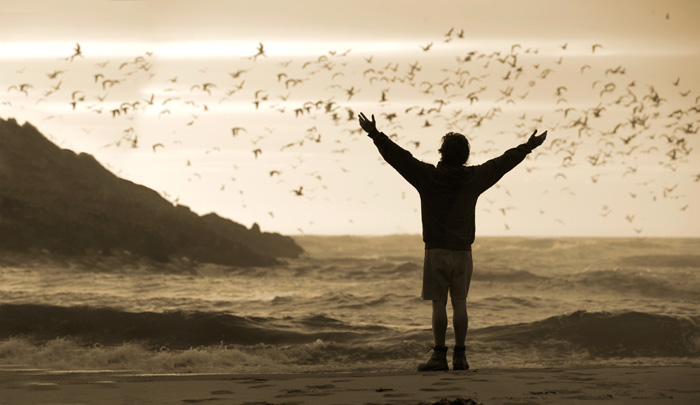
Perhaps the story of Christopher McCandless is allegorical of many spiritual figures, but the one that comes to my mind is John the Baptist. He was a voice crying out in the wilderness. Christopher’s story is of a man who cries out both for and in the wilderness. He is most comfortable in the truest way of living, that is, in nature’s cradle.
Always at Mother Nature’s mercy or perhaps the kindness of others, Christopher’s story reaches a logical conclusion, and it may be easily said that Mr. McCandless is an inspirational figure for many adventurers and wanderers. His voice was heard, in life and in death. The journey is the most important part and this story is not of a dull journey. The value of living a full and engaged life cannot be overstated.
13. The Way (2011)
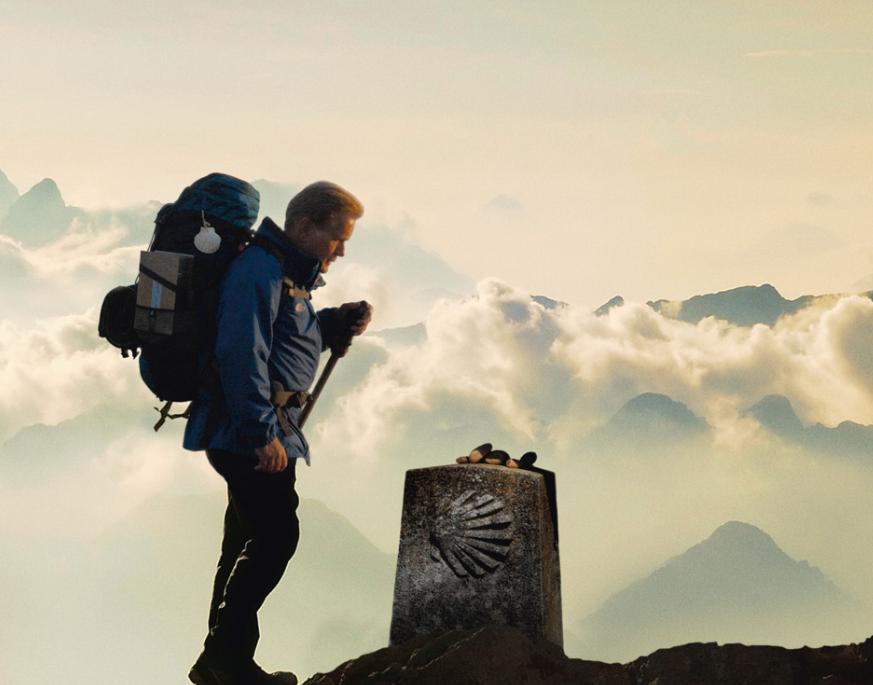
Emilio Estevez directs his father, Martin Sheen, in this tale of pilgrimage along The Way of St. James in Southern France and Northern Spain. Though Sheen is a known Roman Catholic of the social justice variety, in the film he is just a man whose son was lost in the mountains.
This journey is physical, spiritual, and moral. The Way is the film that is striving towards the old maxim that says, ‘the journey is the best part.’ In this way, he gains a sort of faith in others, and believes that his son led a good life.
One of the most common themes in spirituality across cultures is that of pilgrimage. Whether it’s encouraged or disparaged, pilgrimage remains an important part of the lives of many faithful men and women everywhere.
12. Interstellar (2014)
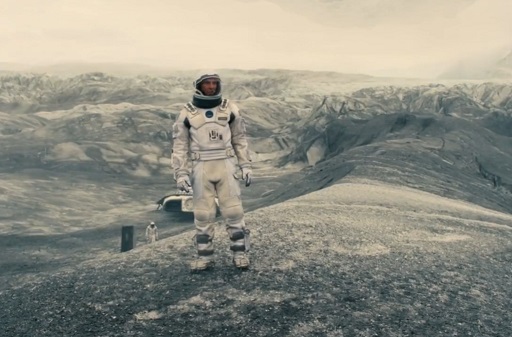
One of Christopher Nolan’s most emotional films is also based on real scientific theory, which brings it into a special category of a spiritually and scientifically-nuanced variety. Arguably the central theme of this film is love. It is the love between a father and a daughter and how that love extends across space and time to distances unimaginable to us now.
Another film which points to finger at perhaps the world’s most important spiritual and socioeconomic challenge, and that is climate change. It’s increasingly clear that in order to have a healthy spiritual life, one has to get outdoors and revel in nature’s beauty.
In a world of changing temperatures and ecological destruction, that beauty, as well as our very lives could be in jeopardy. Perhaps mankind’s most fateful project will be starting anew in the stars. This film is about that potential future, and what that journey reveals about mankind’s true nature.
11. Doubt (2008)
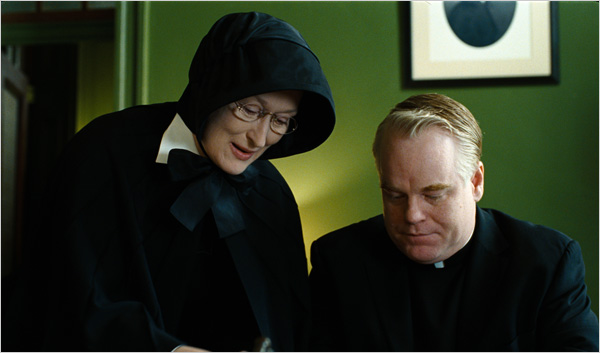
Perhaps one of the late Phillip Seymour-Hoffman’s most stunning performances, this film about the Catholic Church addresses one of its most lurid and worst kept secrets, the child abuse scandals. The film juggles the audience between faith and doubt in the likable but not entirely accountable priest (Hoffman).
A disciplinarian nun is brilliantly portrayed by Meryl Streep in one of her most important roles to date. Much of the meaning of the film is summarized and conveyed in sermons that the priest delivers to the congregation. It shows how various spiritual barriers are easily blended as we watch him work out his personal drama in a very public setting, and not to the sermons’ detriment.
Amy Adams infuses the story with innocence as a young nun, just beginning her life as a teacher. There are so many layers to this film that one can be overwhelmed by the ambiguity of it all. Stick with it, Doubt will leave you with well … doubt.